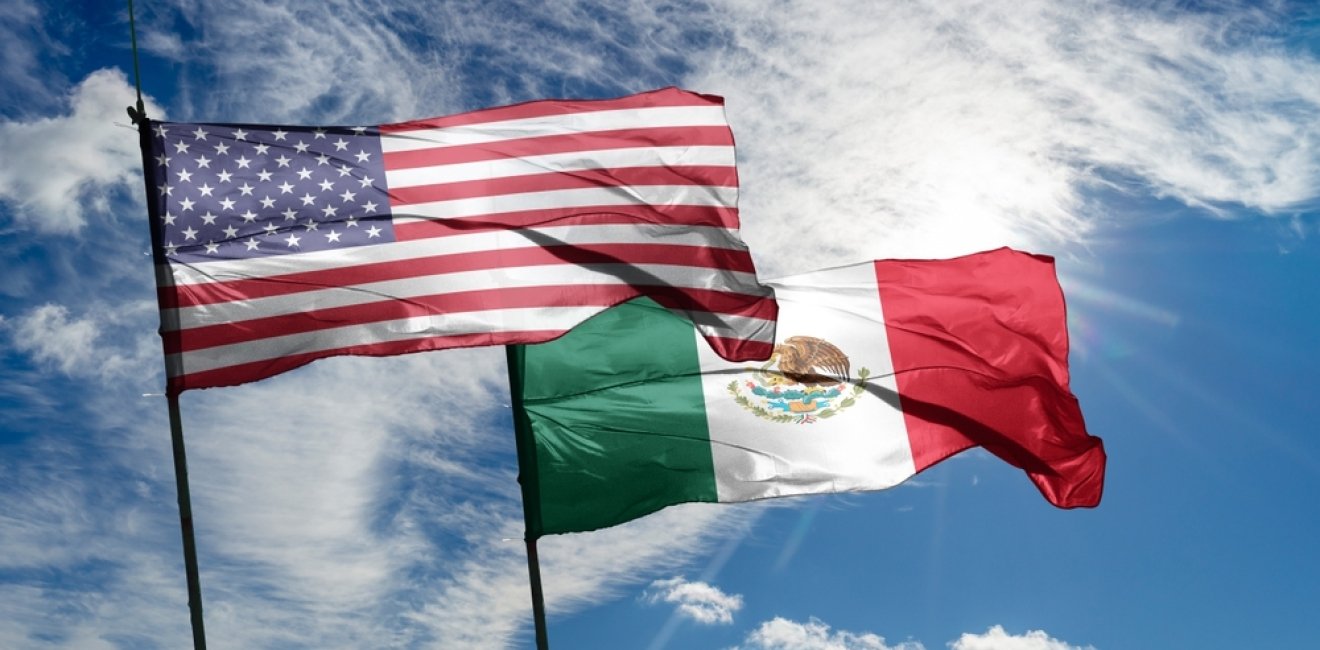On Sunday, June 2nd, Mexico will be electing its first female President in what will be a historic election positioned for a victory for gender equality in the North American region. This year, as it happens every 12 years, Mexico’s transformative election coincides with the one in the United States. The outcomes of June 2nd and November 5th will determine the bilateral relationship between these neighbors.
Mexico is a country where women have long suffered systemic violence, inequality, and cultural barriers so it might seem contradictory that Claudia Sheinbaum and Xóchitl Gálvez are the leading presidential candidates. While having a woman at the highest political level certainly sends a powerful message to the women and girls across the country inspiring new possibilities for their futures, it is their policy proposals, and their implementation, that will determine its impact on gender equality. For the United States, this milestone could serve as a catalyst for a renewed focus on the bilateral cooperation for gender equality and its internal battles for reproductive rights and gender diversity.
Representation matters but having a female President does not automatically imply that a feminist domestic agenda or a feminist foreign policy will be implemented. However, it does imply that they will face certain challenges based on their gender. According to Kate Manne, “female candidates were also held to be less qualified than male candidates with similar credentials”, in a world where 13 out of 193 countries have a woman head of state, Mexico’s upcoming president will be facing an added challenge at global forums and in its international relations.
In terms of the US-Mexico relations, a major negotiation will be coming up in 2026, with the first mandatory review of the USMCA trade agreement. In 2023, Mexico became the US's top trading partner totaling almost $800 billion. Both Sheinbaum and Gálvez's platforms emphasize Mexico's economic competitiveness but they have different views on the USMCA.
The candidate from the Morena party will prioritize migration and agriculture, two issues that have different effects for women and men. Sheinbaum’s proposal includes the recognition of the agricultural rights of 150,000 women. While Gálvez will strive to secure access to lands for indigenous women, the most pressing issue for the opposition candidate would be the role of China, which former President Trump has also mentioned as part of his priorities. The development of commercial and economic cooperation will also depend on the priorities that will be determined from whoever will be leading both Palacio Nacional and the Oval Office.
Historically, US-Mexico relations have been shaped by the personal rapport between their leaders, having periods of tension and cooperation. Claudia Sheinbaum’s progressive policies and strong emphasis on social welfare, environmental sustainability, and inclusivity would align with President Biden's climate agenda, which could lead to a bilateral environmental cooperation. Having joint initiatives and a strong environmental partnership would also have a positive impact on marginalized communities and women given that they face a disproportionate impact of the effects of climate change. However, having a female president is not enough to guarantee a gender perspective, gender mainstreaming in their cabinets and policies would be required to introduce innovative approaches to the persistent gender issues.
One thing is clear, Mexico’s first female president will nudge the US electorate to reflect on the benefits of diverse leadership and it could influence the political discourse in the US, encouraging a more inclusive approach and to policy formulation. It will serve as a reminder of the importance of having a more equitable and cooperative world.
Author


Mexico Institute
The Mexico Institute seeks to improve understanding, communication, and cooperation between Mexico and the United States by promoting original research, encouraging public discussion, and proposing policy options for enhancing the bilateral relationship. A binational Advisory Board, chaired by Luis Téllez and Earl Anthony Wayne, oversees the work of the Mexico Institute. Read more

Explore More
Browse Insights & Analysis
Greenland’s New Governing Coalition Signals Consensus

The Future of France's Far-Right Party

Ukrainian Issue in Polish Elections

